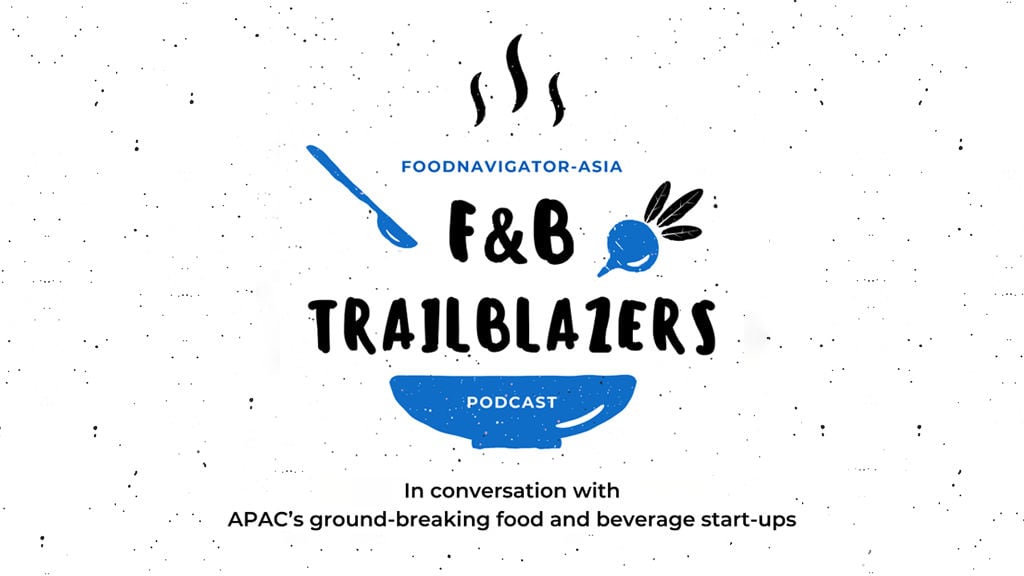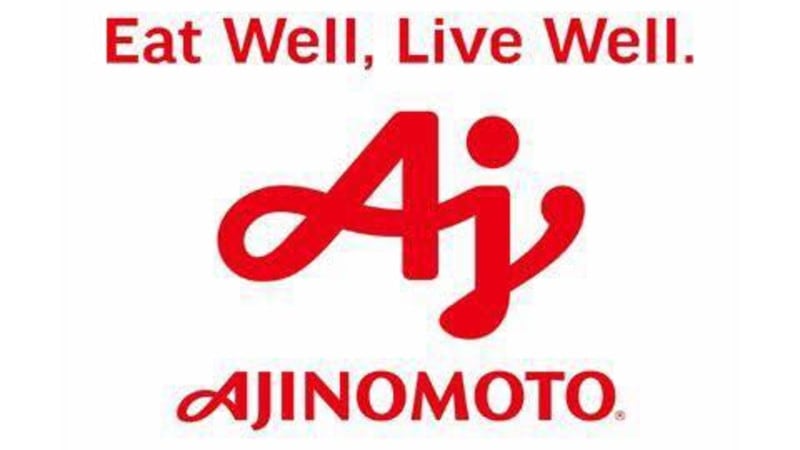Lucrative market: Vietnam’s Minh Tien Group brews plans for Middle East’s growing coffee culture
The Middle East’s growing coffee culture has caught the eye of Minh Tien Group, a Vietnam-based producer and exporter of coffee beans looking to expand in the Gulf region.
Established in 2000, Minh Tien Group’s coffee has been exported to Europe, United States and Japan. Coffee conglomerates such as Neuman, Marubeni, Mitsui source a substantial part of their raw coffee supply from Minh Tien Group.
The company is now eyeing an expansion into UAE and Kuwait in 2023, cited as nations with high demand for coffee and a diverse, lively coffee culture, according to Nguyen Thi Hong Minh, chairwoman of Minh Tien Group.
“We confidently assess the Middle East to be a lucrative market. Between 2018 and 2019, the number of coffee imports in the UAE increased by almost 22%, while other countries in the Gulf experienced a 5% average growth.
Private label opportunity: China’s online grocery firm Dingdong to develop more products as sales take off
China’s on-demand grocery e-commerce firm Dingdong has unveiled plans to significantly increase the number of private label brands it offers across fresh groceries and food products.
As of Q3 2021, gross merchandise value (GMV) contribution from its private label products stands at 5.8%, with the firm hoping to increase this to 30% in the long-term.
Dingdong first launched its private label brands in 2020, such as Boxing Crayfish and more recently hot pot soup brand Damanguan.
‘Back to normal’: Local brands trending in Indian alcohol sector but mid-range drinks feeling the squeeze
Locally-produced wines, beers and spirits are currently on the up-and-up in India’s alcohol industry, with millennial consumers in particular preferring these over international brands – but drinks not in the premium or low price categories continue to face a slump that is not expected to pick up any time soon.
India’s alcohol industry was hit particularly hard by the COVID-19 pandemic over the past two years as the government was forced to issue various restrictions including alcohol bans and food service closures for a prolonged period of time in addition to being hit by multiple waves of the virus leading to record numbers of cases and deaths – but according to an industry expert, things are well on their way to ‘getting back to normal’.
“Consumers are returning to the markets to buy alcohol and stock up, some businesses are also stocking up – things are getting back to normal, despite the many changes we saw during the peak of the pandemic,” Siddharth Banerji, Managing Director of one of India’s largest liquor firms Kyndal Group, told FoodNavigator-Asia.
Reformulating for the region: Coca-Cola, Nissin, Kirin and Hoow Foods weigh in on sugar, salt and fat reduction in APAC
Major brands across the region are continuing to double down on their reformulation efforts across sugar, salt and fat reduction after COVID-19 led to a rapid increase in consumer awareness and demand for healthier products.
In this edition of the FNA Deep Dive, we will take a closer look into what APAC food and beverage firms big and small are doing with regard to healthier product reformulation, and find out more about the key priorities and drivers for the industry.
Sugar reduction in sugar-sweetened beverages has been one of the biggest areas that has been singled out for reformulation even before COVID-19 hit the region, and the pandemic has caused this to accelerate even further. This is particularly so in the APAC region, which experts expect to see the fastest rate of growth driven by rising investments, growing consumer awareness and a surge in income and purchasing power.
Beverage firms such as Coca-Cola are well aware of this trend, and have taken the initiative to focus efforts on developing low and no sugar products to appeal to consumers in the region, such as by working to improve the recipe of its Coca-Cola Zero Sugar to be as close to the classic version as possible without any sugar in it.
50 million decisions: GCC consumers need realistic guidelines to move towards plant-based diets - Report
A sustainable and plant-based diet is key to mitigate climate change, enhance food security and improve peoples’ health in the GCC, but guidelines need to be grounded in realism, a new report claims.
It adds there is an urgent need for concrete and simple dietary guidelines for the GCC population which takes into account local food sources, cultural habits and existing meat intake.
It was written by Jacek Plewa, co-founder of Meatless Sundays and Future Food Holding, and Mira El Ghaziri, a healthy policy and nutrition consultant, and managing director at HealthyPath.
“As consumers, 50 million of us in GCC, we can make 50 million positive decisions resulting in our better personal health while saving our planet,” Plewa told FoodNavigator-Asia.





